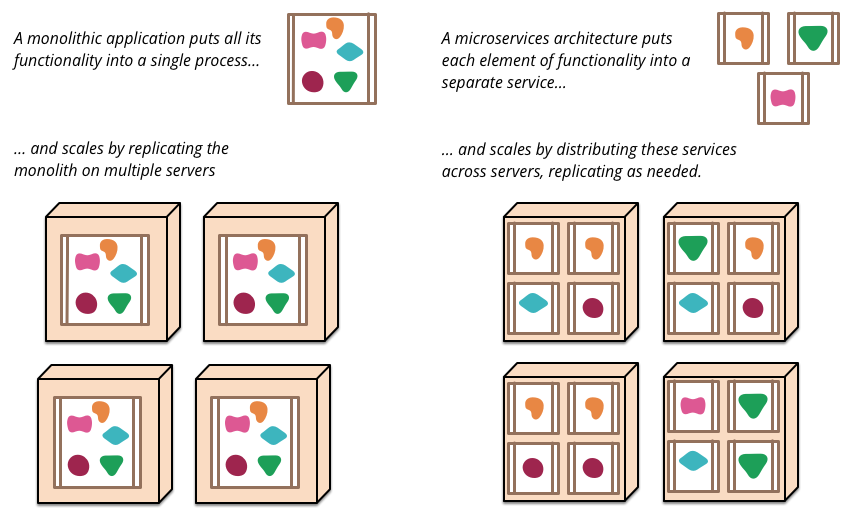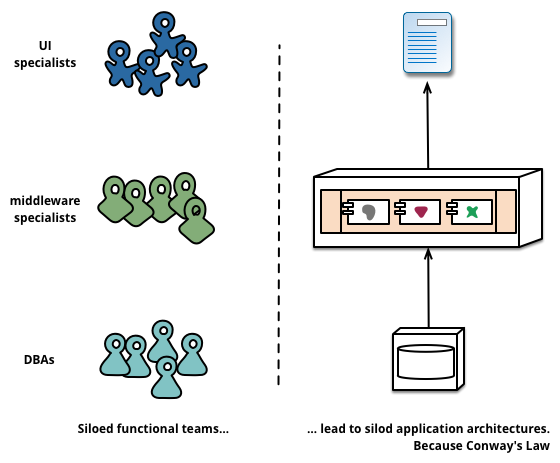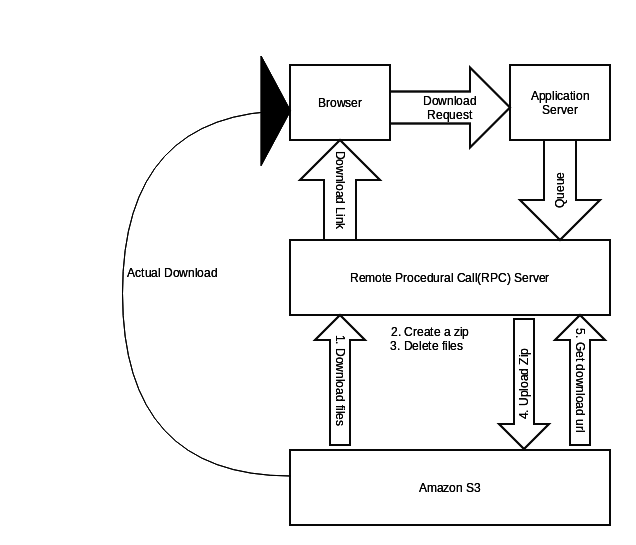Microservices
Introduction and case study

Lets get introduced



About Srijan
-
India’s largest Drupal company
-
100+ Drupal and QA experts
-
Spread across multiple offices
-
Growing number of Acquia certified Drupal engineers
-
Among WorldBlu's most democratic workplaces
Introduction
- No proper definition
- No guidelines for implementation
- Alternative to monoliths




Monolith v/s Microservices


Characteristics of Microservices
- Components and Services

- Organised around business capabilities
Conways's Law
Any organisation that designs a system will produce a design whose structure is a copy of the organisation's communication structure


Principles
- Captures business domain
- Isolate failures
- Deploy independently
- Culture of automation
- Evolving

Postel's Law
Be conservative in what you send, be liberal in what you accept

CAP Theorem
It is impossible for a distributed computer system to simultaneously provide all three of the following guarantees:
- Consistency (all nodes see the same data at the same time)
- Availability (a guarantee that every request receives a response about whether it succeeded or failed)
- Partition tolerance (the system continues to operate despite arbitrary message loss or failure of part of the system)

How big should a service be?
This question was answered by Amazon as


Actually there is no underline rule for this!

Example architecture






-
Web interface
-
User management
-
Content entry
-
Notifications
-
Blocks
-
Search



Microservice for download
Requirement
- Downloads upto ~4GB
- Concurrent downloads ~20 users
- Number of files ~1000
- Needed to present the zip
- Cloud hosting
Drupal simply gave up!



Revised results
- Downloads upto ~40GB
- Concurrent downloads ~30 users
- Number of files ~3500
- Zip created and uploaded back to AWS S3 for user to download from. Saves bandwidth
- Still on cloud hosting
Drupal simply rules!

Benefits of this approach
- Venturing into new technologies without compromising on quality
- Reduced risk of downtimes
- Independent teams can share responsibility of an application
- Well built micro-services allow better management of resources

Thanks!
